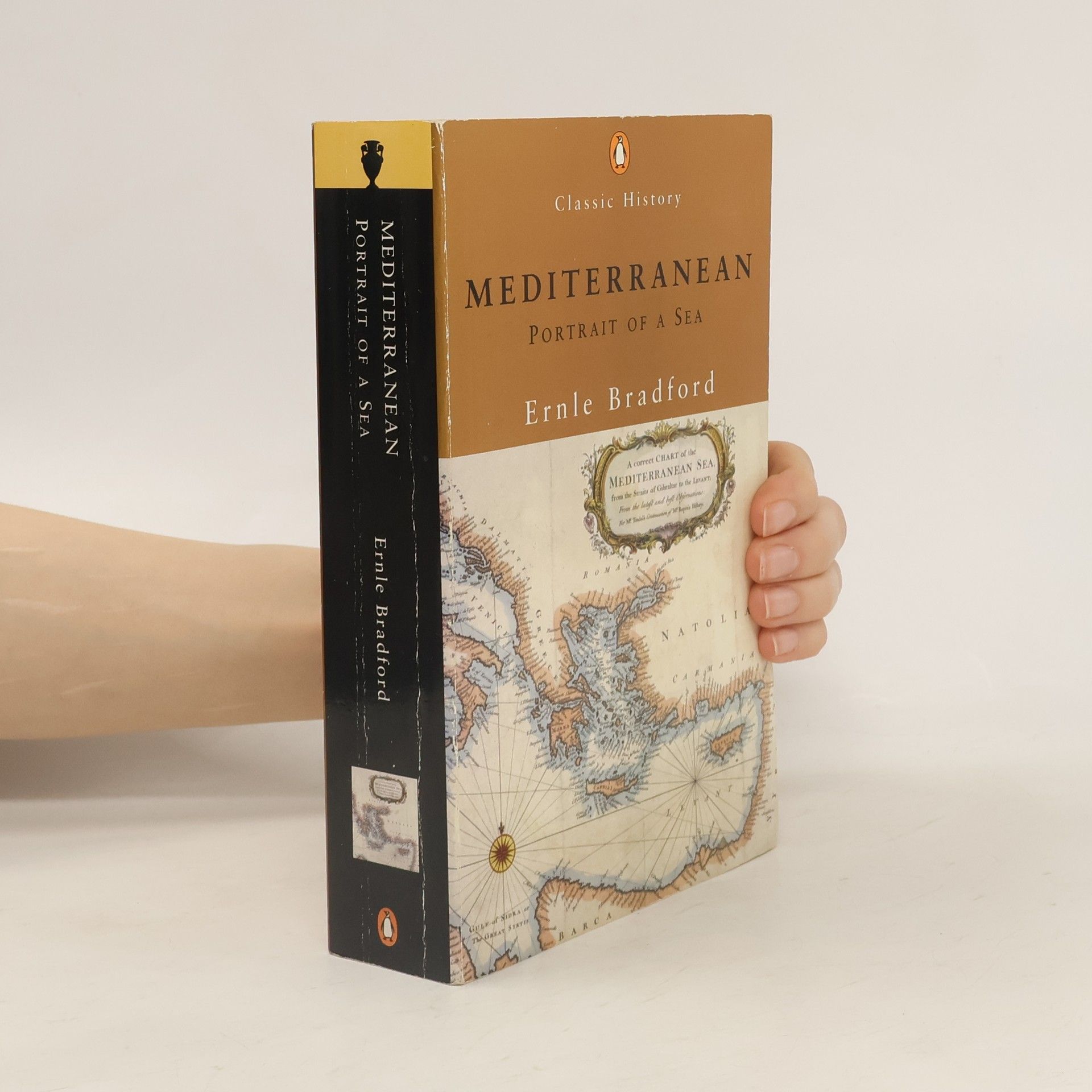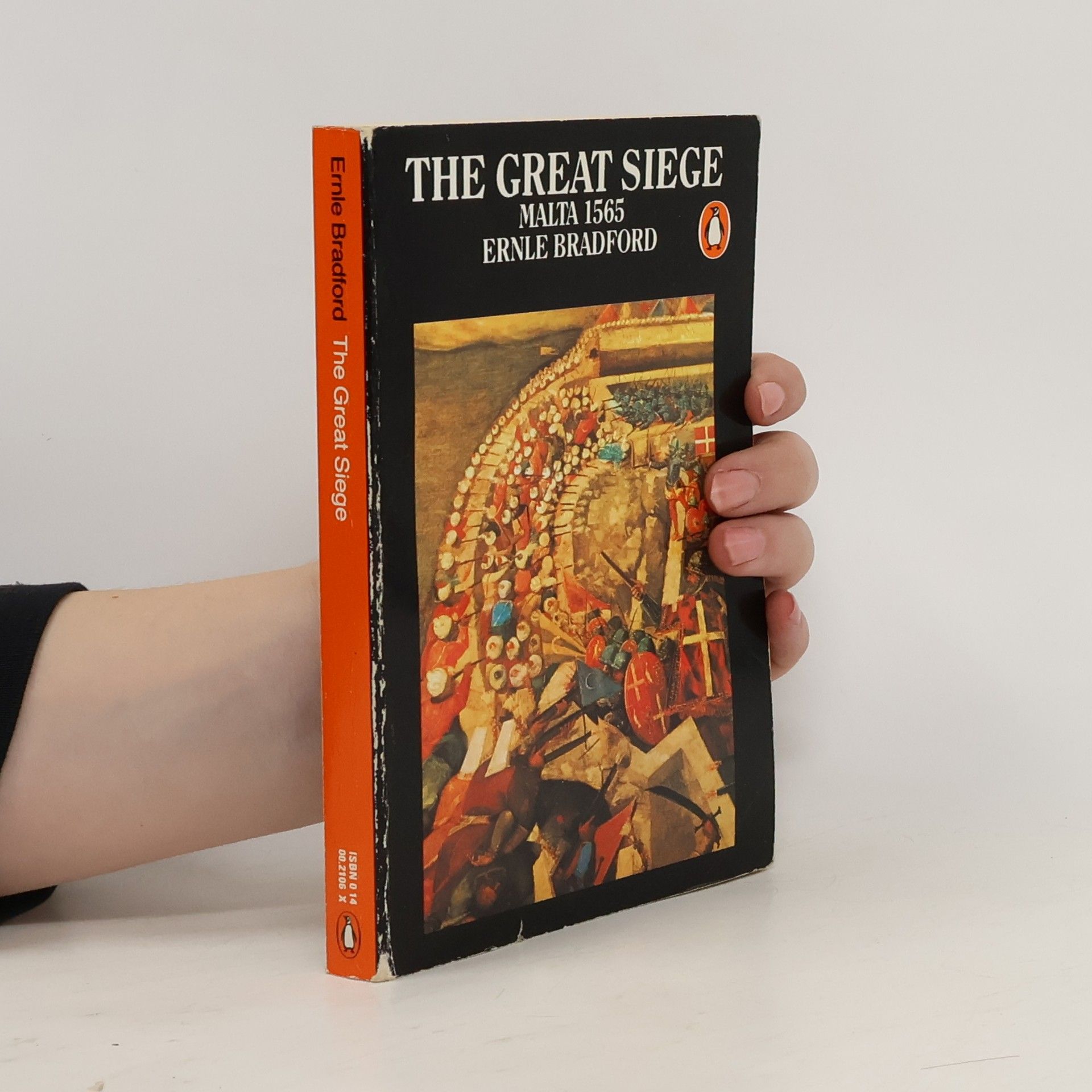The Great Siege: Malta 1565
- 256 pages
- 9 hours of reading
Malta, then one of the easternmost bastions of Christendom, was attacked in 1565 by the Sultan of Turkey with 200 ships and 40,000 men. This book is based upon historical records and tells how approximately 700 Knights of St John plus 9,000 men defended Malta against the Sultan's armed forces.









![Der Verrat von 1204 [zwölfhundertvier]](https://rezised-images.knhbt.cz/1920x1920/74902754.jpg)
